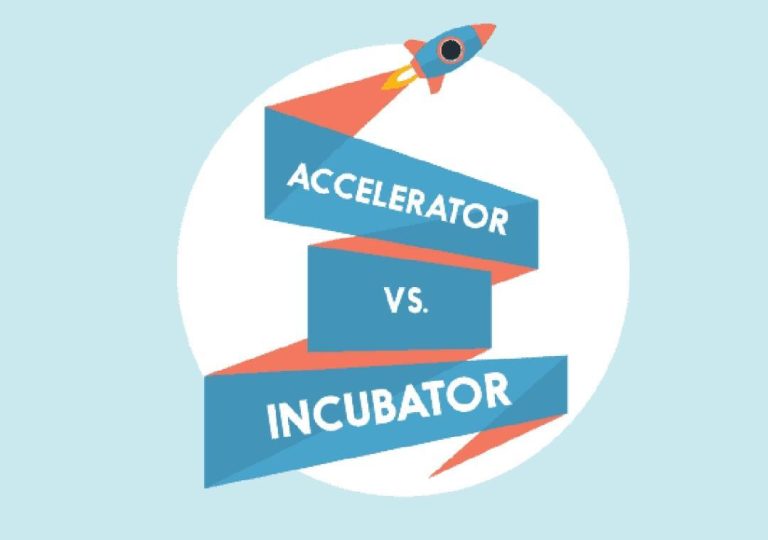
AI, Creators & Tier-2 Cities Power India’s Startup Growth
India’s startup ecosystem has been witnessing rapid growth and transformation in recent years. The country has emerged as a global hub for startups, with a thriving ecosystem that has given birth to innovative businesses across various sectors. According to a recent report by Meta-A&M, the Indian startup scene is being driven by four key trends – AI adoption, omnichannel models, Tier-2/3 city expansion, and creator-driven branding. These trends are reshaping the way startups scale, connect with users, and build future-ready brands across India.
AI Adoption: The New Normal
One of the most significant trends in India’s startup ecosystem is the adoption of Artificial Intelligence (AI). According to the Meta-A&M report, a staggering 70% of Indian startups are already using AI in some form or the other. This is not surprising, given the vast potential of AI to automate processes, improve decision-making, and enhance customer experiences. AI-powered chatbots, predictive analytics, and machine learning algorithms are just a few examples of how Indian startups are leveraging AI to stay ahead of the competition.
The adoption of AI is not limited to specific industries or sectors. Rather, it is a cross-industry trend that is being driven by the need for startups to innovate and differentiate themselves in a crowded market. For instance, fintech startups are using AI-powered chatbots to offer personalized financial advice, while e-commerce companies are leveraging AI-powered recommendation engines to improve customer experiences.
Omnichannel Models: The New Reality
Another key trend in India’s startup ecosystem is the adoption of omnichannel models. According to the Meta-A&M report, 67% of Indian startups are now offering omnichannel experiences to their customers. This involves providing seamless experiences across multiple touchpoints, including social media, messaging apps, mobile apps, and physical stores.
The shift towards omnichannel models is driven by the need for startups to provide customers with a consistent and personalized experience, regardless of how they interact with the brand. Omnichannel models also enable startups to gather valuable customer data, which can be used to improve marketing efforts and enhance customer retention.
Tier-2/3 City Expansion: A New Frontier
Traditionally, India’s startup ecosystem has been concentrated in Tier-1 cities, such as Bangalore, Delhi, and Mumbai. However, a new trend is emerging, with startups expanding their presence to Tier-2 and Tier-3 cities. According to the Meta-A&M report, 95% of Indian startups are now targeting smaller cities, which are emerging as a new frontier for entrepreneurship.
The expansion to Tier-2/3 cities is driven by the need for startups to tap into new markets and customer segments. These cities offer a unique combination of untapped consumer demand, lower operational costs, and a more relaxed regulatory environment. Startups are also being attracted to Tier-2/3 cities by the availability of skilled talent and affordable infrastructure.
Creator-Economy: The Rise of Influencers
Another key trend in India’s startup ecosystem is the rise of the creator-economy. The creator-economy refers to a new business model where startups partner with influencers, content creators, and thought leaders to promote their products and services. According to the Meta-A&M report, 88% of Indian startups are now partnering with influencers early in their growth journey.
The rise of the creator-economy is driven by the need for startups to build brand awareness and credibility in a crowded market. Influencers and content creators offer startups a unique opportunity to reach new audiences and build trust with potential customers. The creator-economy is also enabling startups to tap into niche audiences and communities, which can be difficult to reach through traditional marketing channels.
Conclusion
In conclusion, India’s startup ecosystem is undergoing a significant transformation, driven by the adoption of AI, omnichannel models, Tier-2/3 city expansion, and creator-driven branding. These trends are reshaping the way startups scale, connect with users, and build future-ready brands across India.
As the Indian startup ecosystem continues to evolve, it is likely that we will see even more innovative businesses emerge, driven by the intersection of technology, creativity, and entrepreneurship. For startups, the key to success will be to stay ahead of the curve, by embracing new technologies, building strong relationships with influencers and customers, and expanding their presence to new markets.
Source:






